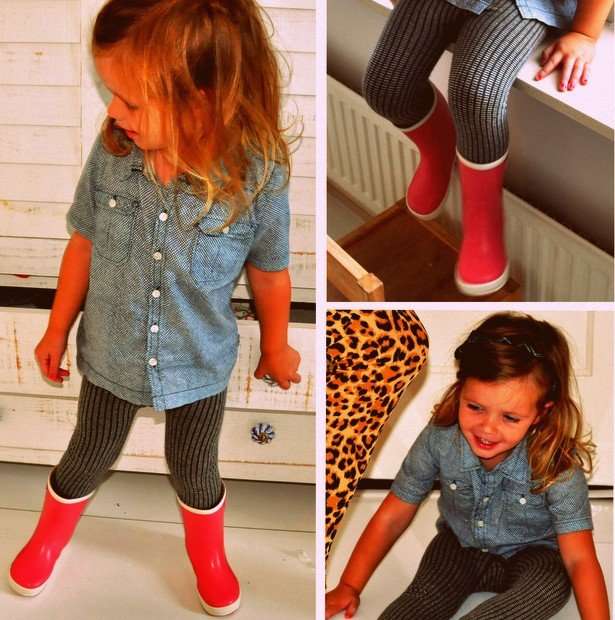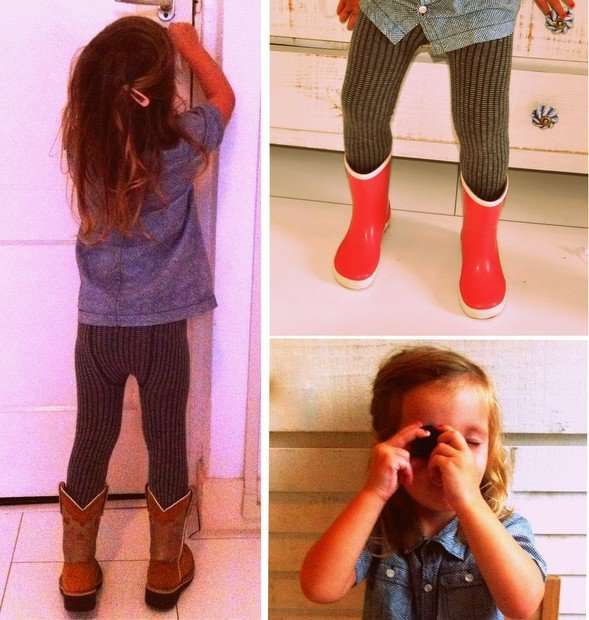SUSTAINABILITY
Mini Rodini started in 2006, wanting to add something new to a fast growing market. With high quality, quirky design and sustainability in focus, Mini Rodini’s clothes let children express their own creativity and humour.
Mini Rodini has been, and still is, a fast growing company. What started with robot cotton leggings and t-shirts has now grown to large collections consisting of outerwear, denim, accessories and everything in between.
Therefore, every day it gets even more important to make active choices in the fabrics, materials and labour we use. We always work hard to be an even more sustainable company, one that recognises its responsibilities towards the environment, our employees and the people who make our products. It’s not just about getting better at what we do – addressing impacts throughout our supply chain – it’s about wanting the very best, creating value for our business and modernising for a better world.
Environment
The textile industry is very complex, embracing chemical, water and energy use, with great impact on the environment. Mini Rodini loves nature and knows that we have a responsibility to preserve and protect it.
One part of this is working with organic cotton and recycled materials. Choosing organic manufactured and processed textiles over conventional means using materials and methods that have a lower impact on both the environment and workers as well as the end consumer. Today, a lot of garments on the market are labeled “organic”. But what the end consumer often does not know is that these can contain as little as 5% organic materials. We have been working with GOTS*-certified cotton since the very beginning and today our collections consist of about 60% GOTS-certified garments yearly. The organic GOTS-standard guarantees 95% organic cotton, which also considers the whole production process; from seed to finished product. GOTS demands rigid environmental criteria on the entire manufacturing process. It includes farming, harvesting, production, processing, manufacturing, packaging and branding. Sustainability means much more than organic cotton.
We are aware of how chemicals are used in the growing as well as the production process, and acknowledge the burden these place on both the environment and people involved. We are involved in the whole process –from seed to finished product – and we are always looking into new fibers and recycled materials to make it even easier to produce sustainable clothing. For example, for the upcoming Autumn/Winter collection we are using recycled polyester from soda bottles, old garments and polyester fibres, re-made and then weaved to new fabric.
Humanism
It is important that the factories we employ have fair labor conditions including a fair employee policy. The GOTS standard also carries social criteria to ensure safe, non-abusive, environment with living wages. Social Inspection Audits are made regularly in order to verify that GOTS’ environmental and social requirements are met.
In our Code of Conduct, these criteria are specified to secure everyone that works with manufacturing Mini Rodini’s garments, and promote that they work under fair and healthy conditions.
Goals
Mini Rodini aims to produce all products as responsibly and sustainable as possible. This is a continuing process between Mini Rodini and its producers. We aim for a broad and long-term environmental approach to our entire business, which is a constant factor in all decision making at all levels. Our goal is to have a 100% sustainable company
.


 .
. .
.










































